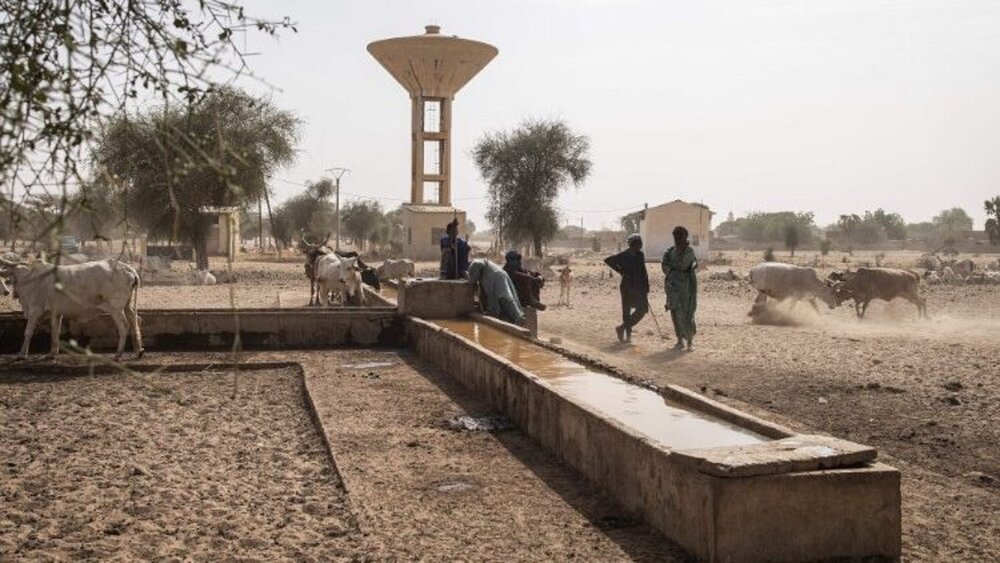Hawzah News Agency – The 9th World Water Forum kicked off in Dakar, the capital of Senegal, on Monday. The 21-26 March international event on the theme, "Water security for peace and development", is addressing the global challenges for man and nature, today and tomorrow.
The forum aims to accelerate the effective implementation of the global water agenda, which is a prerequisite for achieving the Sustainable Development Goals.
Thirst for peace
Pope Francis sent a message, signed by Vatican Secretary of State Cardinal Pietro Parolin, to the World Water Forum, which was read by Cardinal Michael Czerny, the interim prefect of the Vatican Dicastery for Promoting Integral Human Development.
The Pope points out that “water security today is threatened by a variety of factors, including pollution, conflict, climate change and the abuse of natural resources”.
“Yet, water is a precious asset for peace," he adds. "As such, it cannot be considered simply as a private good, generating commercial profits and subject to the laws of the market.”
Right to water and right to life
In his message, the Pope argues that “the right to drinking water and sanitation is closely linked to the right to life, which is rooted in the inalienable dignity of the human person and constitutes a condition for the exercise of other human rights.”
Access to water and sanitation is in fact a "primary, fundamental and universal human right because it determines the survival of people."
Hence, the world owes "a grave social debt to the poor who do not have access to safe drinking water." The world also owes a debt to all those for whom traditional sources of drinking water have been polluted to the point of being unsafe, destroyed by weapons and rendered unusable, or dried up as a result of poor forest management.
The fact that more than 2 billion people today are deprived of access to clean water and/or sanitation, the Pope says, is an invitation to all to think of “all the concrete consequences this can have, especially for patients in health centres, for women in labour, for prisoners, refugees and displaced persons.”
Serving the common good
He thus appeals to all political and economic leaders, to the various administrations, to those who are in a position to direct research, financing, education and the exploitation of natural resources and water in particular, to serve the common good with dignity, determination, integrity and in a spirit of cooperation.
Addressing water scarcity issues and improving water management, especially by communities, can help create greater social cohesion and solidarity, to initiate processes and to build relationships.
Sharing and managing water
Freshwater, both surface and groundwater, is largely transboundary, a fact which can also lead to tensions between nations.
In this regard, the Pope believes that well-functioning mechanisms for cooperation on transboundary waters are an important element of peace and prevention of armed conflict.
In all these situations, water must become a symbol of welcome and blessing, a reason for meeting and collaboration that will increase mutual trust and fraternity.
Managing water sustainably and with effective institutions of solidarity is therefore not only a contribution to peace; it is also a way of recognizing this gift of creation that has been entrusted to us so that together we can care for it.
In conclusion, Pope Francis assures the participants of his prayer that the World Water Forum will be an opportunity to work together for the realization of the right to drinking water and sanitation for every human being.
He expresses his hopes that the meeting will contribute to making water a true symbol of sharing, of constructive and responsible dialogue in favour of peace that is lasting because it is built on trust.


Your Comment